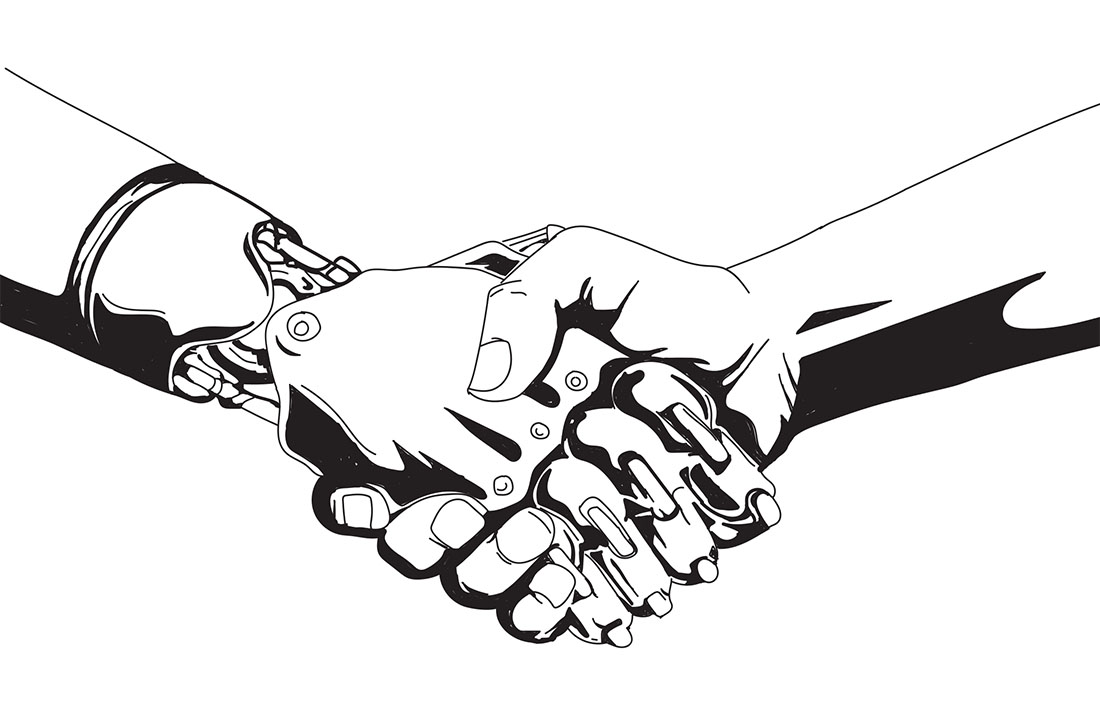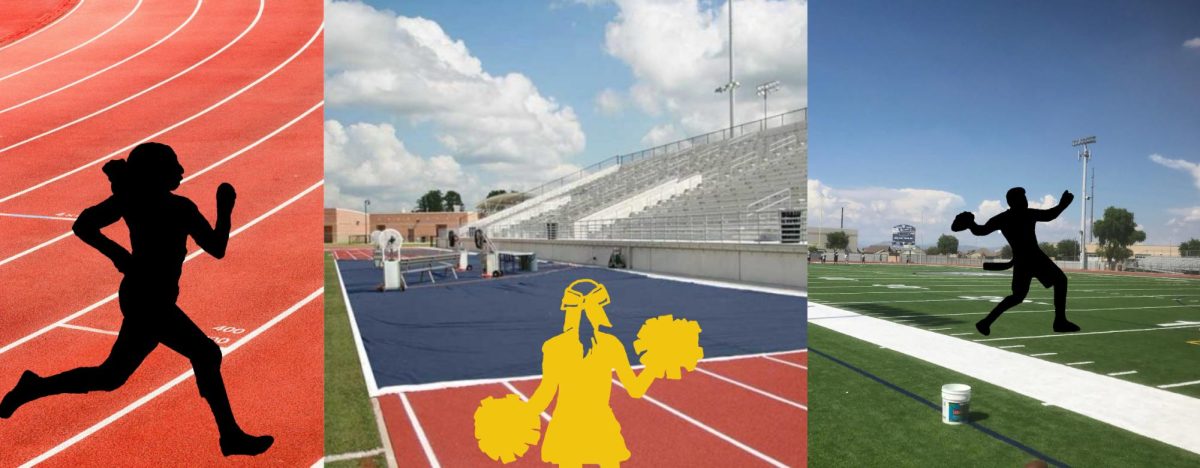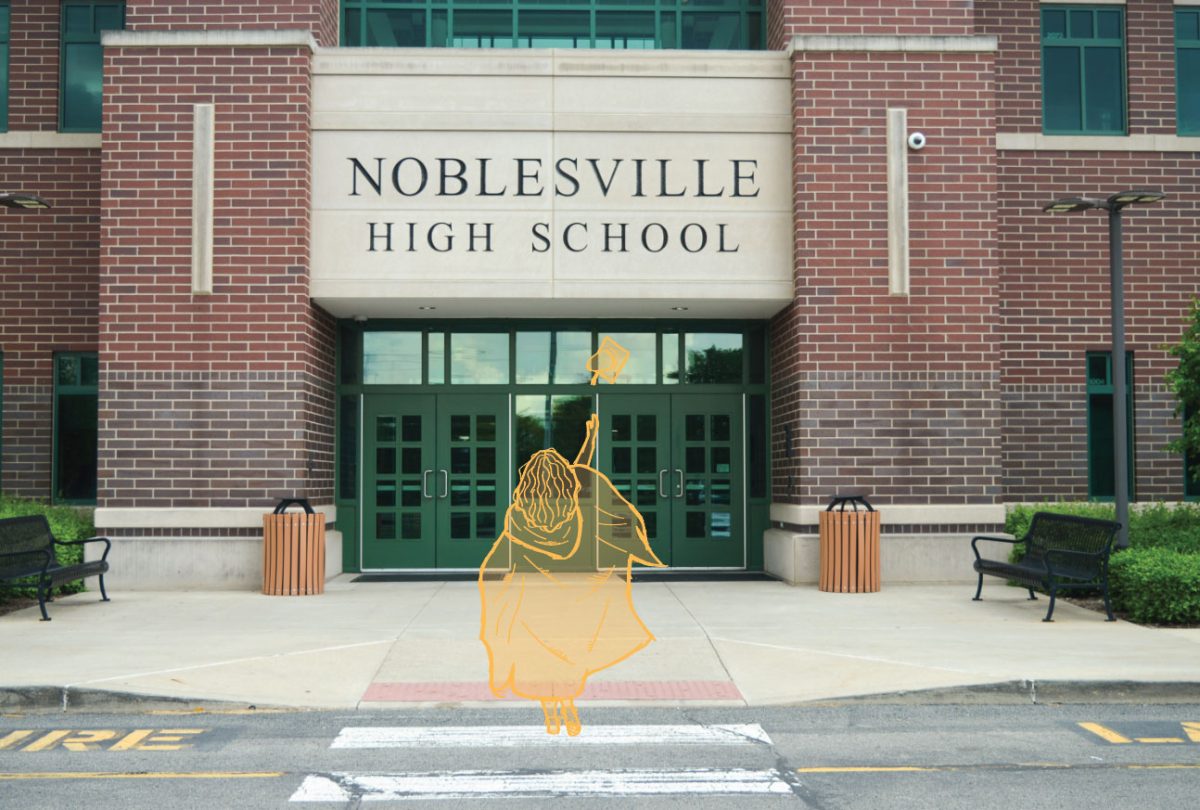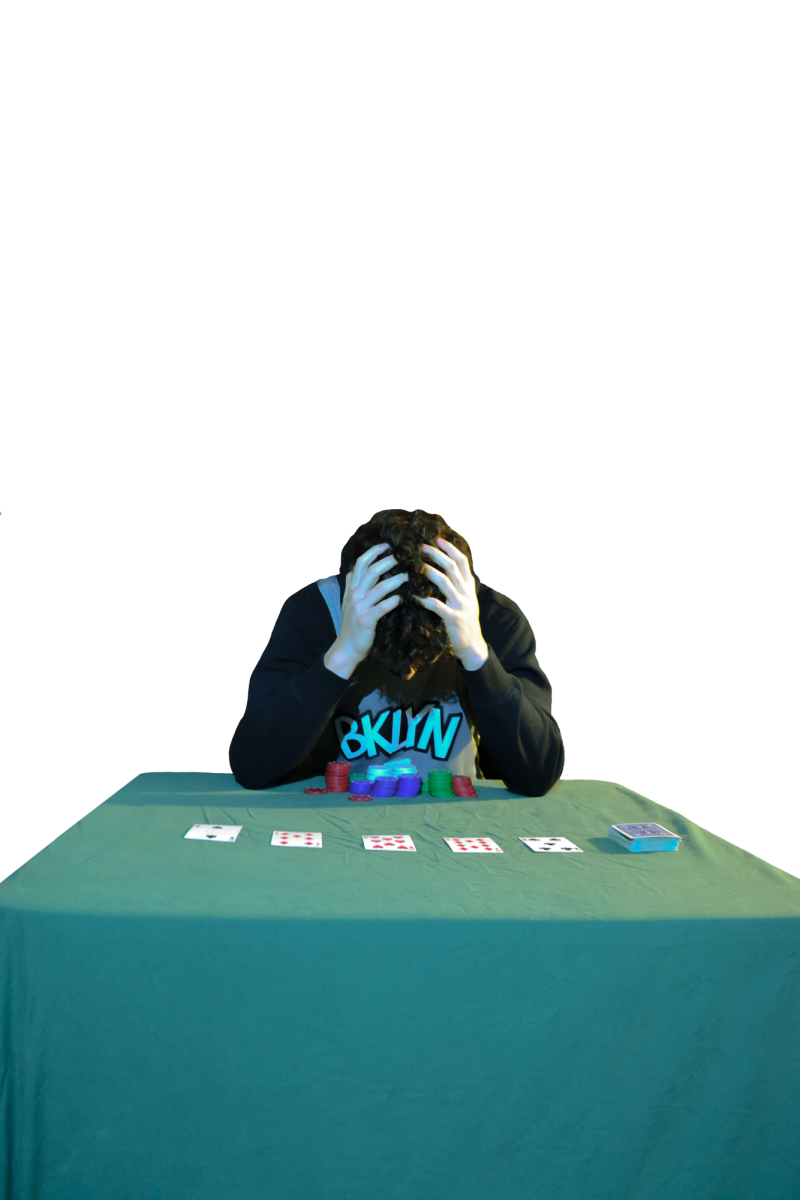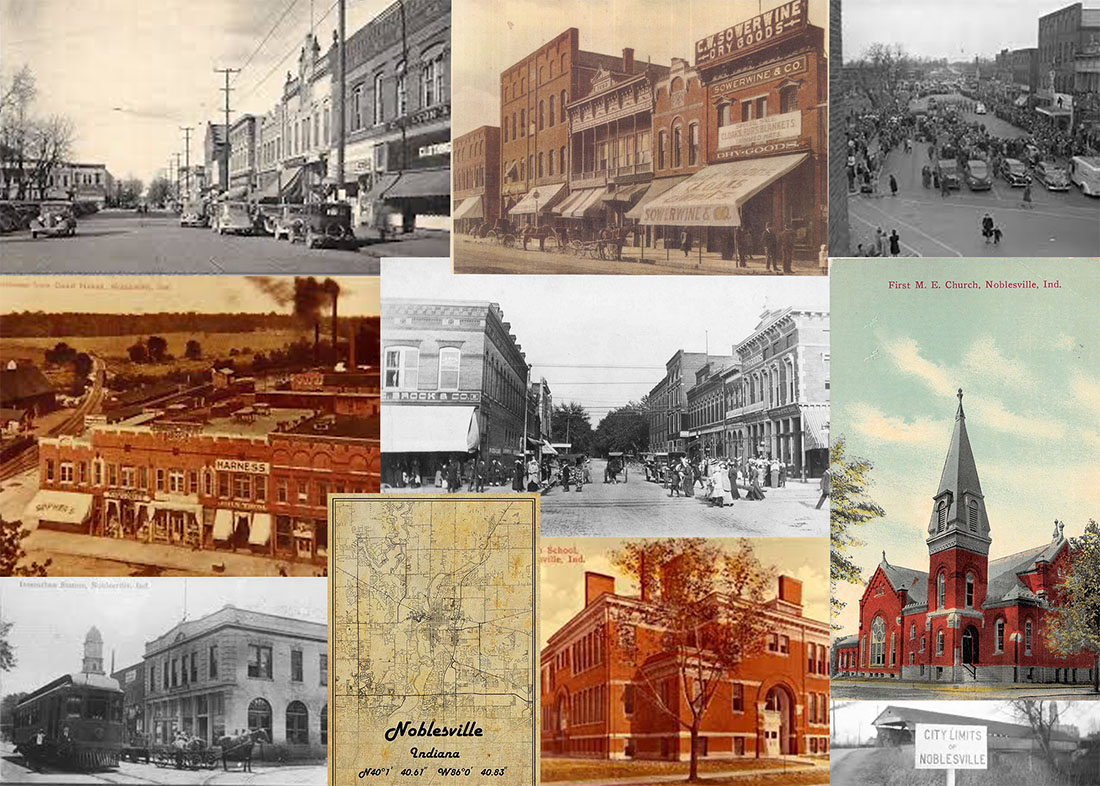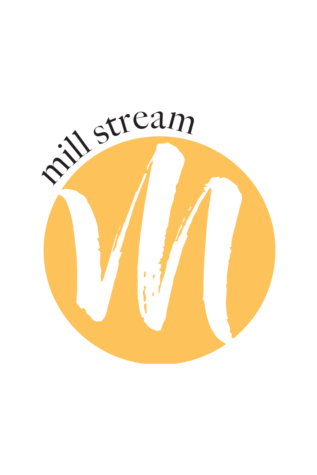Authors, artists, and all manner of creatives have been warning about artificial intelligence for decades, fearing its widespread use: Frank Herbert’s “Dune” centers around an empire that was formerly enslaved by “thinking machines.” George Orwell’s “1984” speaks to the potential dangers of technological innovations to the human race. Isaac Asimov’s “I, Robot” explores the ethical and moral implications of creating machines with a human-like consciousness.
Every one of these novels spins a universe where technology drastically changes the lives of humans, often not for the better. However, these are nothing more than predictions. While some of these scenarios have come to pass, such as the advent of AI itself and its integration into society, this technology may not spell out our doom.
Yes, it is true that AI can be used for the wrong purposes, like students fraudulently submitting papers written with AI or people monetizing AI-sourced art. However the people who use technology this way are hurting no one but themselves by discarding real human learning. Currently, a movement is developing with the goal to disengage with AI produced content on social media, regardless of the form it takes. This initiative alone proves that while AI use is more commonplace, it more likely than not won’t take the place of genuine human creativity.
AI can be extraordinarily useful in certain contexts. In medical settings, AI can help a radiologist increase their diagnosis rate and find evidence of abnormalities. In business and economic settings, AI is able to comb through remarkably large amounts of data at a breakneck speed. Its pattern recognition, analysis, and logical skills are what makes AI valuable.
Ultimately, humanity has power over what is deemed dangerous. AI cannot take the place of humanity in creative spaces, because AI is essentially just spitting out an amalgamation of previous feats of human ingenuity.
In short, AI can be incredibly useful in many fields, but it will more likely than not remain relegated to those fields. Writers, artists, filmmakers, and other creatives cannot be replaced by artificial intelligence because what they make is unique, based on their experiences and world view. When a person creates something, they imbue a part of themselves within their work, and AI certainly can’t replicate that.



